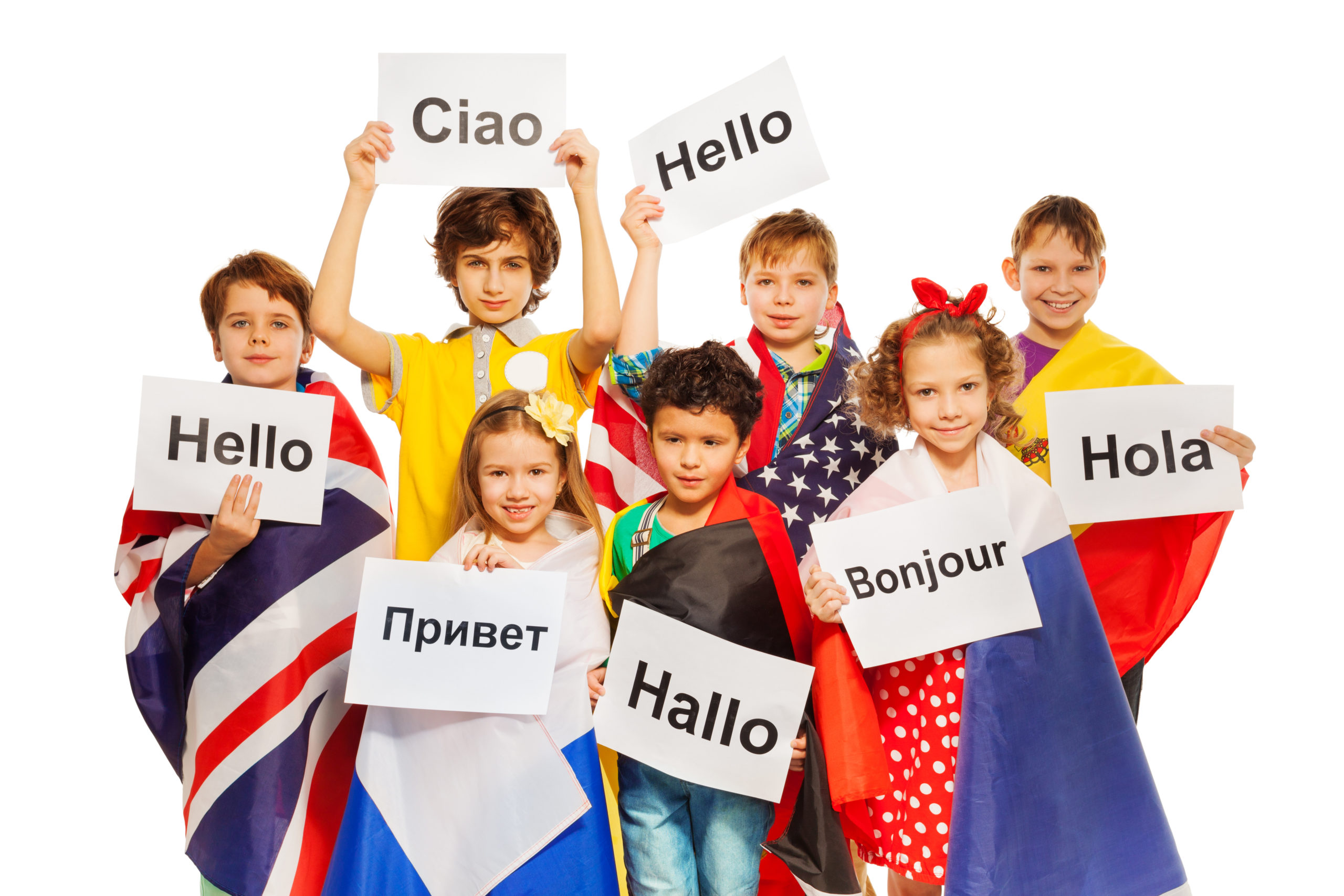
September 28
The Academic and Social Value of Ethnic Studies by Christine E. Sleeter
I strongly connected this reading to our recent watch of "Precious Knowledge" as well as our understanding of S.C.W.A.A.M.P.
In "The Academic and Social Value of Ethnic Studies," Carlos did not enjoy school and had no motivation to continue with it, however, once he participated in a Chicano studies class he was intrigued. Learning about something you really care about and can identify with can completely change your outlook on education and schooling. Because Carlos could relate to these classes, he became hooked and went on to complete a BA degree in Spanish and continue to teach. This can relate to the situations in "Precious Knowledge" because ethnic classes benefited students in that video as well. This impact is similar to that of the ethnic studies program at Tucson because many students taking these classes explained how they had never really cared about school before because they did not have classes they could relate too. Ethnic studies classes were often the only thing keeping some students in school, interested in school, and finding a passion.
This reading and specifically this quote reminded me of the S.C.W.A.A.M.P concept, "Whites continue to receive the most attention and appear in the widest variety of roles, dominating story lines and lists of accomplishments. African Americans, the next most represented racial group, appear in a more limited range of roles and usually receive only a sketchy account historically, being featured mainly in relationship to slavery. Asian Americans and Latinos appear mainly as figures on the landscape with virtually no history or contemporary ethnic experience. Native Americans appear mainly in the past, but also occasionally in contemporary stories in reading books. Immigration is represented as a distinct historical period that happened mainly in the Northeast, rather than as an ongoing phenomenon (Vecchio 2004)." The W in S.C.W.A.A.M.P stands for white, and how those who identify with that label are more privileged and idealized in our society. They get more attention, representation, freedom, acceptance, etc.
Overall, I think its crucial we acknowledge ethnic studies programs as positive aspects in our society and not in the "we shouldn't see color" aspect that some may argue when that is truly something we should not ignore.






